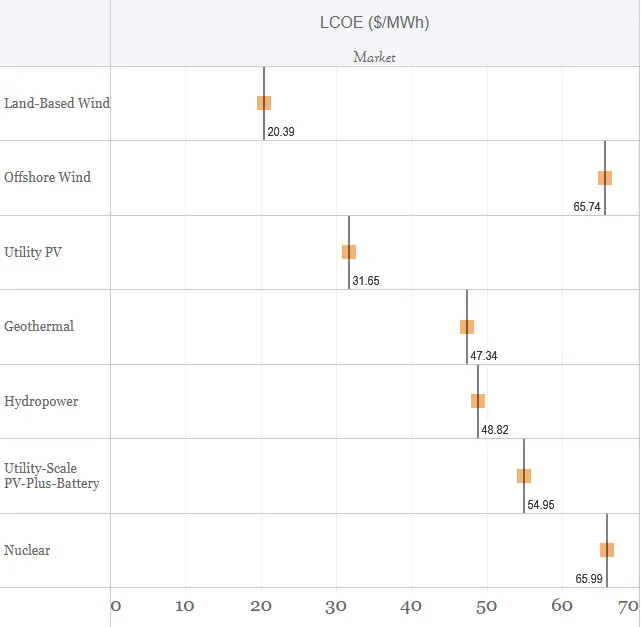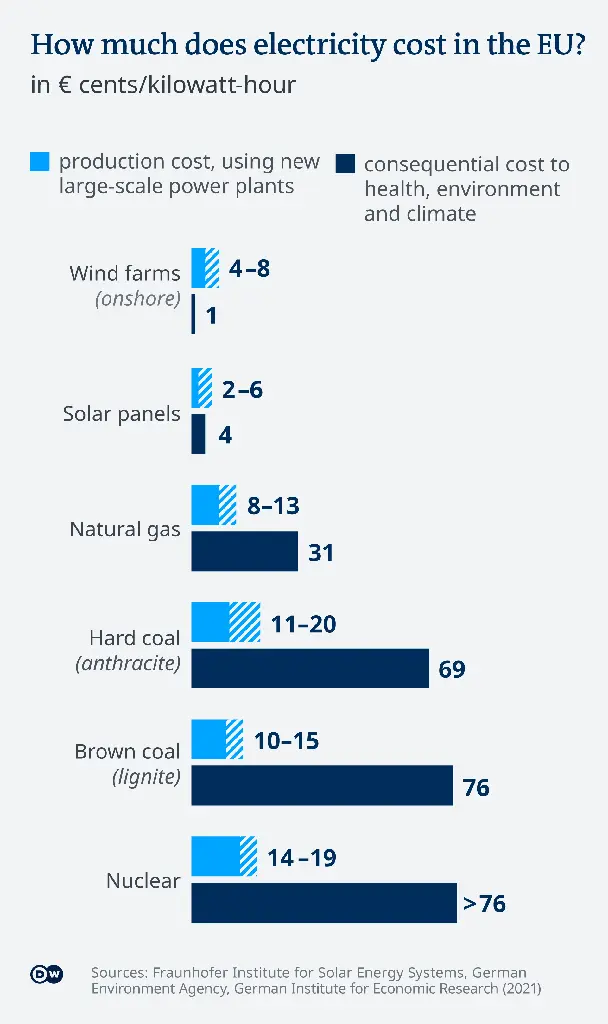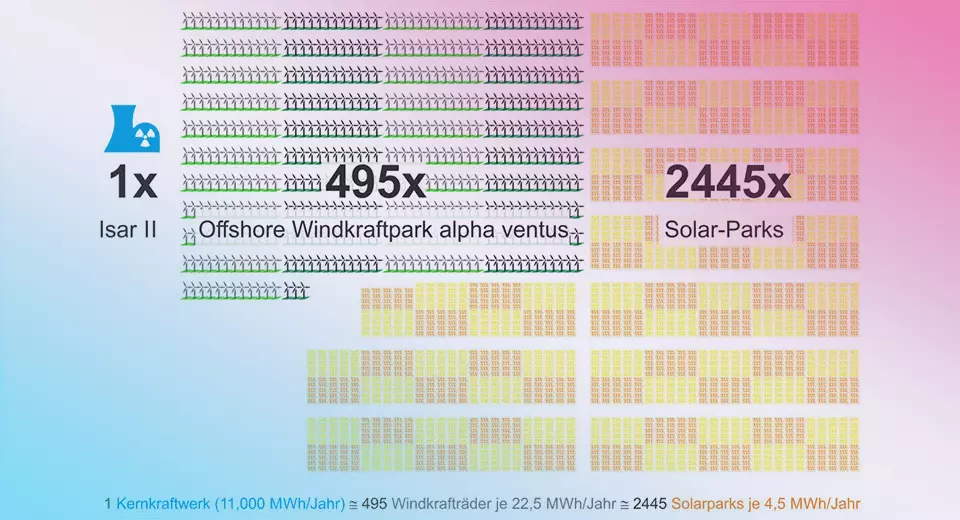(I am German, so please excuse my grammar mistakes. If you are a German, too, the humanist party has a great position paper on nuclear energy: https://www.pdh.eu/programmatik/kernenergie/)
While reading your list, several points stood out for me.
I assume you are talking about the inherent costs of the technology, but that is not where the costs come from. Nuclear power plants are not mass produced and there is constantly changing regulation. The petrol lobby is partly to blame for that, as they have a strong interest in making building nuclear power plants difficult and expensive.
https://thebulletin.org/2019/06/why-nuclear-power-plants-cost-so-much-and-what-can-be-done-about-it/
https://progress.institute/nuclear-power-plant-construction-costs/
https://www.blog.geoffrussell.com.au/post/nuclear-may-or-may-not-be-expensive-but-it-s-much-faster-to-build-than-renewables
Additionally, the low hanging fruits (the places that can easily be used for windparks) were already picked in Germany. It's becoming more and more difficult to find more places where windparks can be built.
- Less environmentally damaging
That stood out as especially weird. How did you come to that conclusion?
If you are referring to nuclear waste:
"Nuclear power causes least damage to the environment, finds systematic survey"
https://techxplore.com/news/2023-04-nuclear-power-environment-systematic-survey.html
"Why I Don’t Worry About Nuclear Waste"
https://archive.ph/ZJQCj or, if you prefer some informational tweets by the same author: https://twitter.com/MadiHilly/status/1550148385931513856.
Last but not least, I highly recommend this book (I've read it, but it's German): "Atommüll - Ungelöstes, unlösbares Problem ?: Technisch-Naturwissenschaftliche Aspekte der Endlagerung hochaktiven Atommülls. Ein Versuch zur Versachlichung der Debatte." https://www.amazon.com/-/de/dp/B09JX2ZRB3/
Also, take into account the land usage.
- Not reliant on continuous consumption of fuel
Non-issue. Nuclear fuel is virtually inexhaustible and will last us literally until the sun explodes.
https://scanalyst.fourmilab.ch/t/nuclear-fission-fuel-is-inexhaustible/1257
https://whatisnuclear.com/nuclear-sustainability.html
You might also be interested in the discussion on Hacker News: https://news.ycombinator.com/item?id=36744699
Nuclear engineer here. I did a similar write-up (gratuitously leveraging GNU Units) since most people don't seem to know this fact about fission breeder reactors. I added some other references at the bottom of people pointing this out throughout nuclear fission's history.
https://whatisnuclear.com/nuclear-sustainability.html
In addition to the OP, it's also worth mentioning that you can breed with slow (aka 'thermal') neutrons as well as fast ones, you just have to use the Thorium-Uranium fuel cycle to do so.
Haven't you heard about small modular reactors (SMR)? One prominent company is Oklo (named after the natural nuclear reactor), another is Nuscale https://www.nuscalepower.com.
Also, we have vessels that are powered by nuclear reactors since several decades.
I assumed the data was well known: https://ourworldindata.org/grapher/death-rates-from-energy-production-per-twh
With newer designs ("walk-away safety") the nuclear death rate will likely continue to fall.
I tend to agree here. My main argument against nuclear power is the ongoing competence crisis. We need people that can maintain these plants for decades, but education and scientific literacy are in decline, while ideologies and social conflicts are on the rise. That is not a good environment for radioactive material with malicious use cases.
Could you elaborate?
- Much more responsive to changes in energy demands
How? Solar and wind have fluctuating production. One main challenge with solar is to get rid of excess electricity quickly, before it damages the grid. Germany already PAYS other countries to use their electric power on sunny days (i. e. the electricity cost becomes negative). That problem will become much worse. Plus, when it is sunny in Germany, it is likely sunny in surrounding countries, too, so they will have the same problem.
There is a great talk by Hans-Werner Sinn touching this topic (https://www.youtube.com/watch?v=z5trsBP9Cn4, see 23:04).
I am not favoring nuclear energy, btw.










